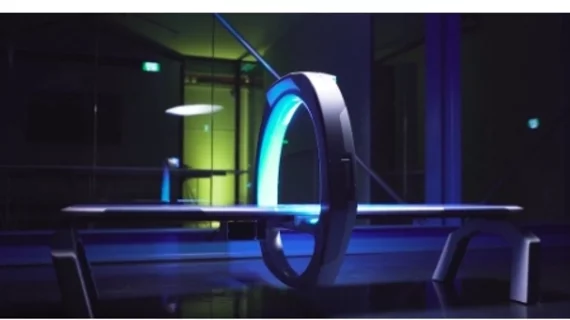Nanox sees stock slide as FDA pushes back timeline for its novel imaging system
Radiology disrupter Nanox saw its stock slide Monday after a U.S. Food and Drug Administration request for further information pushed back the timeline on its novel imaging system.
The Israel-based firm planned to ship its first 1,000 Nanox.ARCs in late 2021, but will now do so in the first quarter of 2022, officials said. The publicly traded startup has been working for months to release a device it says will offer high-end capabilities at a much lower cost than traditional imaging modalities.
Nanox is first seeking clearance from the FDA, but the government agency wants it to address “deficiencies and questions” stemming from the application, according to a filing with the Securities and Exchange Commission.
“The company plans to respond to these requests promptly,” Nanox wrote on Feb. 1, adding that it will eventually submit an additional 510(k) premarket notification to the FDA sometime in 2021.
After the first shipment in 2022, Nanox said it now hopes to finalize the initial deployment of 15,000 ARC systems by the end of 2024.
Nanox was the source of controversy back in September when a critical report from one investment firm labeled it as “Theranos 2.0,” referencing the failed blood testing company. Citron Research accused Nanox of operating as a “stock promotion,” amassing millions of dollars without any scientific evidence or government approvals. Investor groups sued shortly after their initial public offering, which raised $190 million.
On the other side, Nanox leaders called the accusations “completely without merit” and staged a virtual demonstration of their technology at RSNA in December, attempting to quell any concerns.

